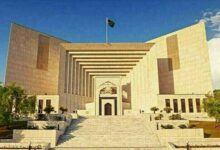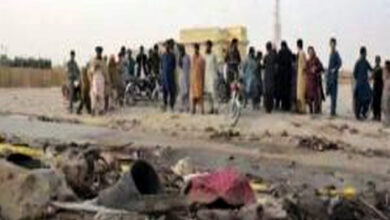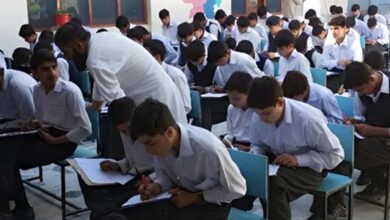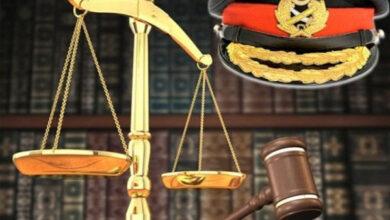PLDAT Annual Report Highlights Challenges to Democracy in Pakistan for 2024
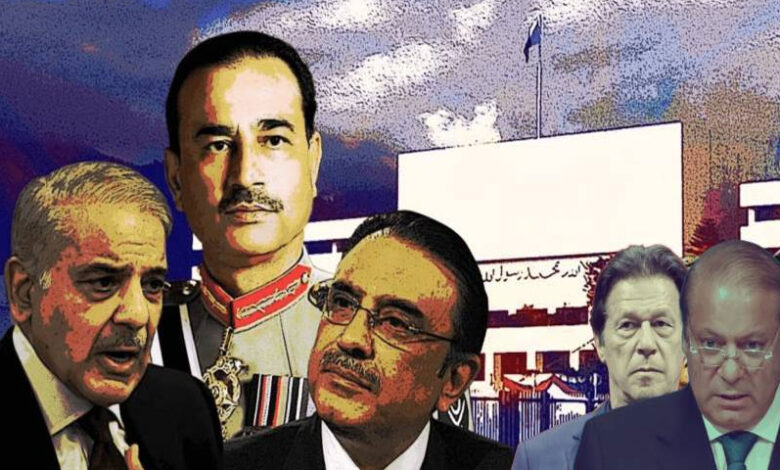
Islamabad:The *Pakistan Leadership Development and Training* (PLD) organization has released its annual review of Pakistan’s democracy, detailing the major challenges the country faced in 2024. The report sheds light on the ongoing crises that have plagued the nation’s democratic system, mirroring global trends of political instability and the erosion of democratic values.
According to PLD’s assessment, the year 2024 marked another period of severe pressure on Pakistan’s democracy. Despite some attempts at democratic reforms, the political landscape remained under intense strain, with repeated assaults on the democratic process, legal frameworks, and citizens’ rights.
### **Key Issues in Pakistan’s Democracy – 2024**
1. **Controversial General Elections:**
In February 2024, Pakistan held delayed and highly flawed general elections. These elections were widely criticized for undermining the legitimacy of the public mandate. The electoral process offered citizens only a limited and symbolic opportunity for political participation, raising concerns about the fairness and transparency of the voting process.
2. **Judicial Reforms and the Role of the Judiciary:**
In a bid to consolidate power, the federal government initiated a campaign to overhaul the country’s judiciary. This led to the passing of the 26th Amendment to the Constitution, which altered the judicial appointment process, essentially dividing the judiciary into two branches. Although efforts by Maulana Fazlur Rehman’s Jamiat Ulema-e-Islam Pakistan (JUI-F) helped temper some of the proposed amendments, the move was seen as a politically motivated attempt to control the judiciary’s influence.
3. **Military Chiefs’ Extended Tenure:**
In a controversial move, the government rushed through amendments to the laws governing the military, increasing the tenure of service chiefs from three to five years. This was the first time in Pakistan’s history that such a change was implemented legally without the backdrop of martial law or instability, raising concerns over the increasing centralization of military power.
4. **Political Intolerance and Undemocratic Practices:**
Most major political parties in Pakistan, whether in power or opposition, continued to exhibit political intolerance for their rivals. This created a toxic political environment where parties prioritized short-term gains over democratic values, undermining the country’s democratic institutions. This approach has led to a growing disconnect between the ruling parties and the electorate, particularly in the lead-up to the 12th general elections.
5. **Restrictions on Free Speech and Social Media:**
The government’s attempts to stifle political dissent were further compounded by efforts to restrict internet and social media platforms. With increasing censorship and restrictions on digital communications, the government has actively sought to control the flow of information, limiting citizens’ freedom to express opposition and debate publicly.
6. **Civil-Military Relations:**
The most contentious issue highlighted in the report is the growing role of the military in the decision-making process. Citizens face a delicate dilemma—how to voice their legitimate concerns about the military’s overreach without undermining its authority or national security role. Despite ongoing suggestions for the military to step back from political affairs, there is no clear public commitment from the establishment to return to a purely defensive and security-focused role.
7. **Hope for Political and Economic Stability:**
Amidst the dark political climate, there remains a glimmer of hope. Discussions for political negotiations between the ruling government and Pakistan Tehreek-e-Insaf (PTI) offer a potential path towards stability. Despite stark differences and heated rhetoric, PLD believes that sustained, comprehensive dialogue is crucial for the country’s political and economic stability.
### **Conclusion**
PLD’s annual review emphasizes the urgent need to address the fundamental issues within Pakistan’s democratic system. The report calls for a renewed commitment to democratic principles, with a strong push for reforms that involve all stakeholders in upholding democratic norms. As Pakistan heads into 2025, the need for political dialogue, institutional integrity, and respect for human rights has never been more critical.
